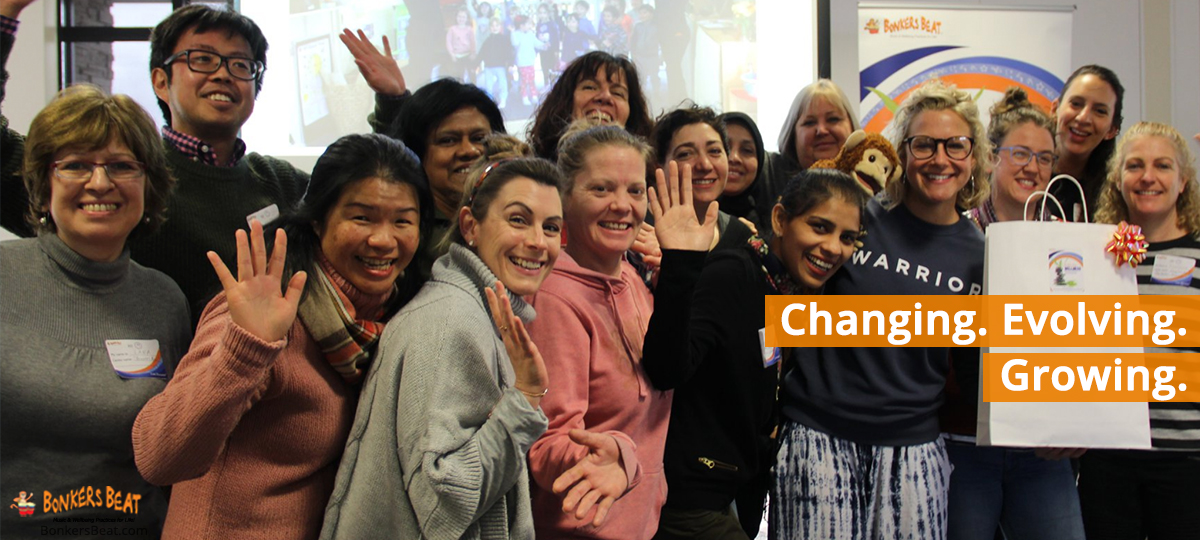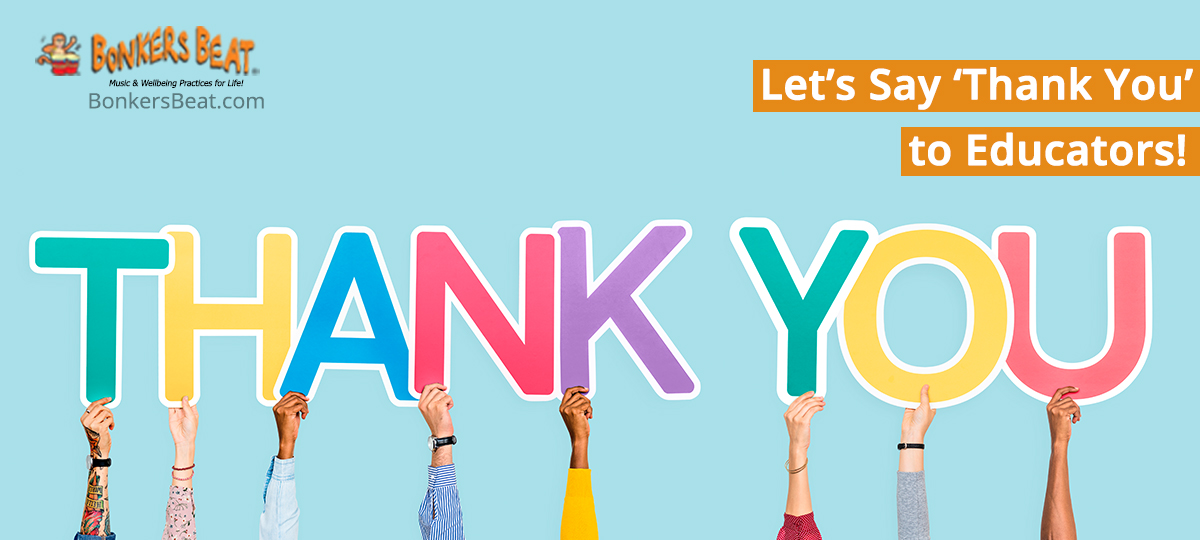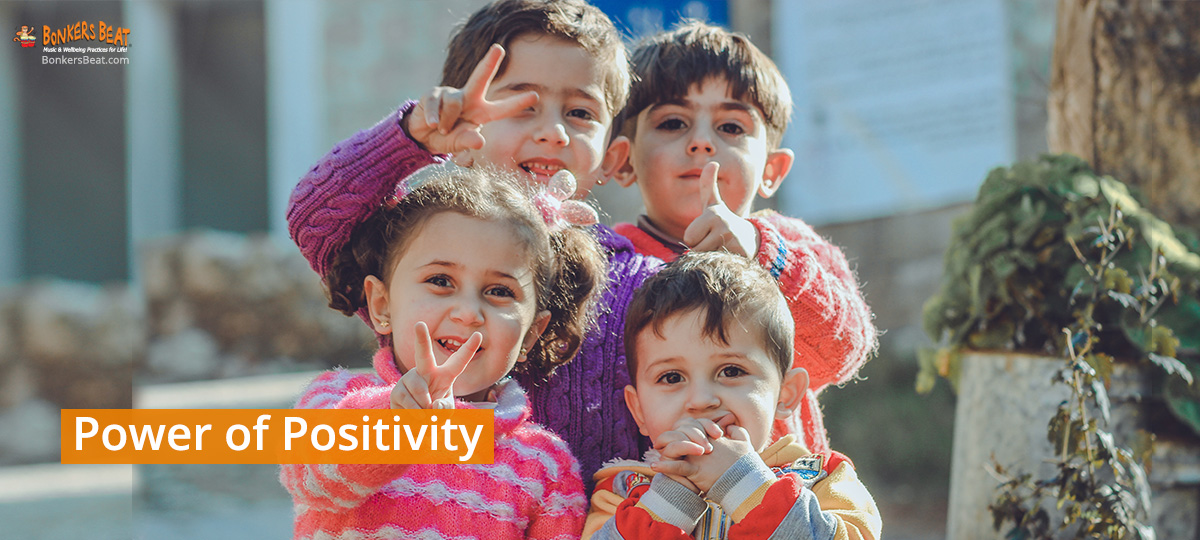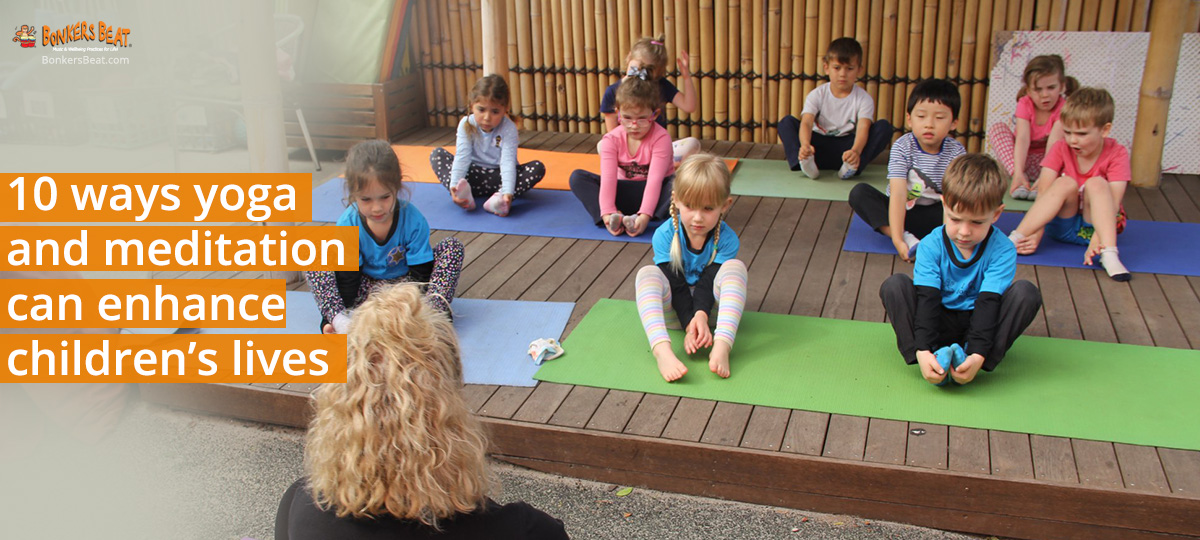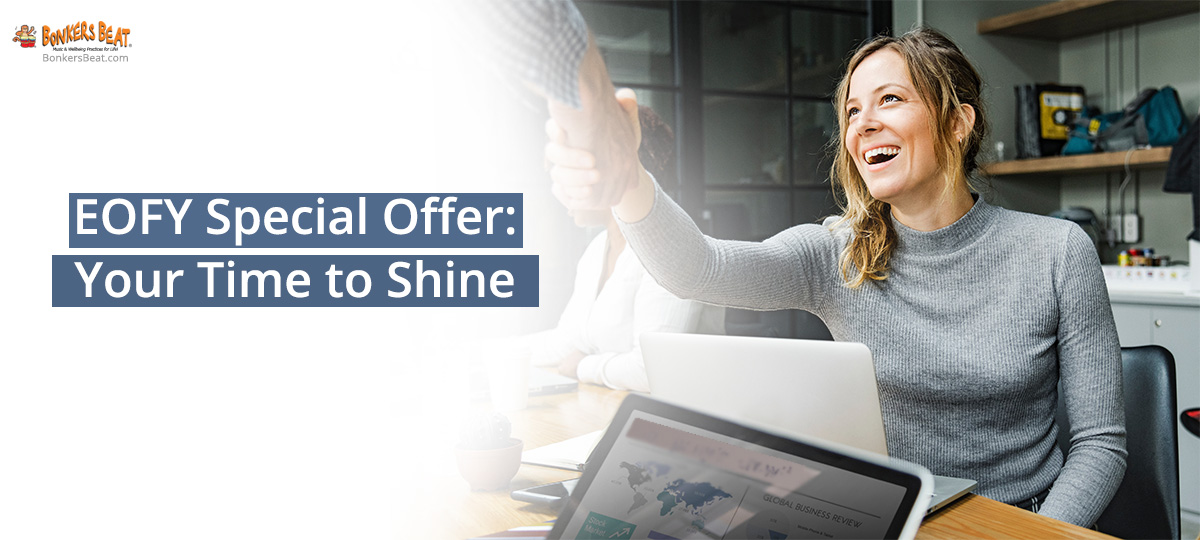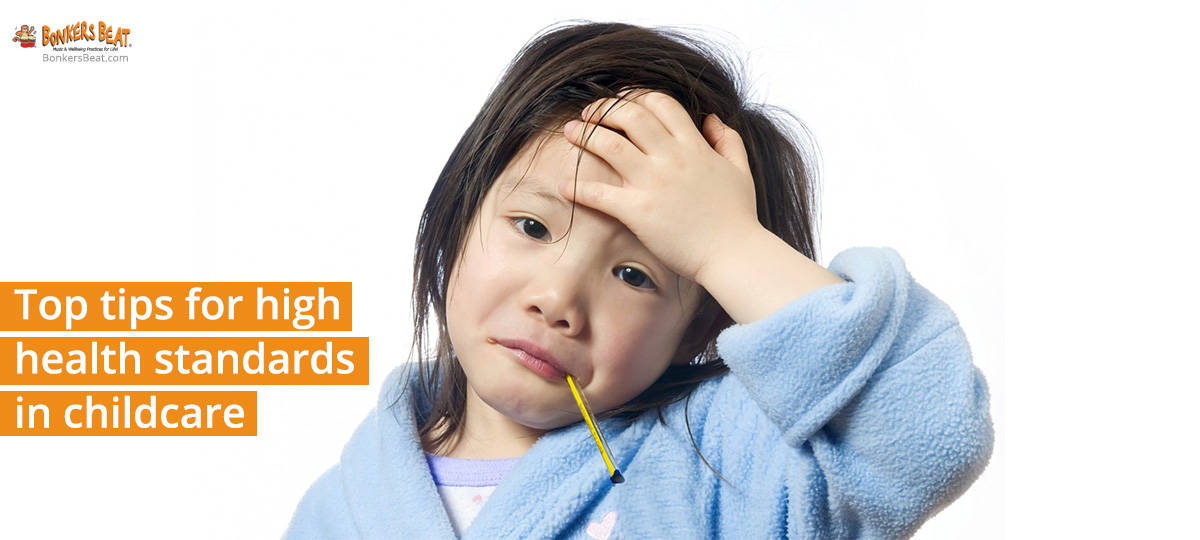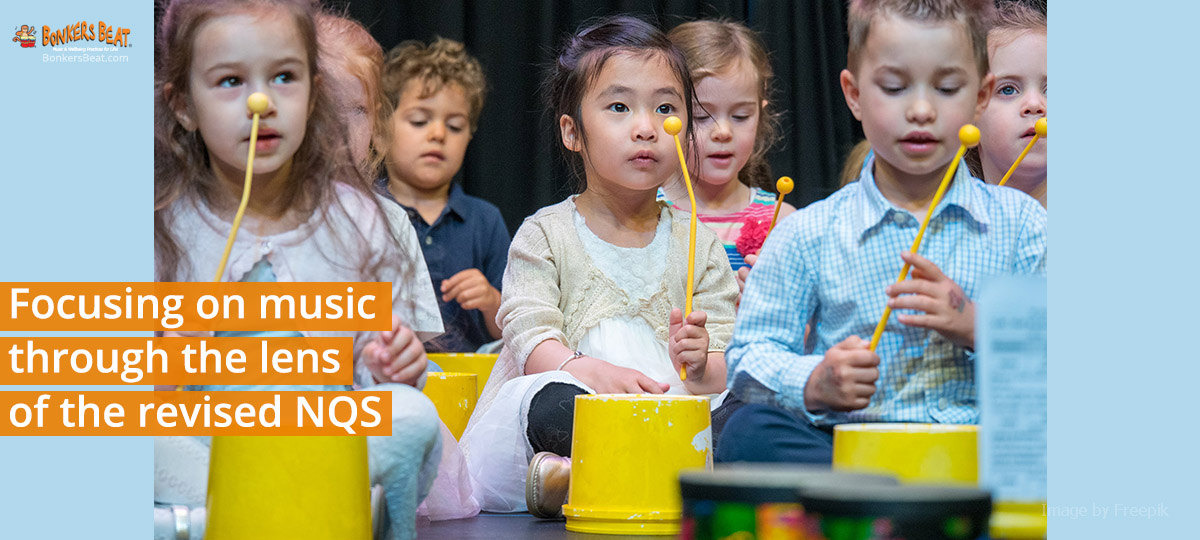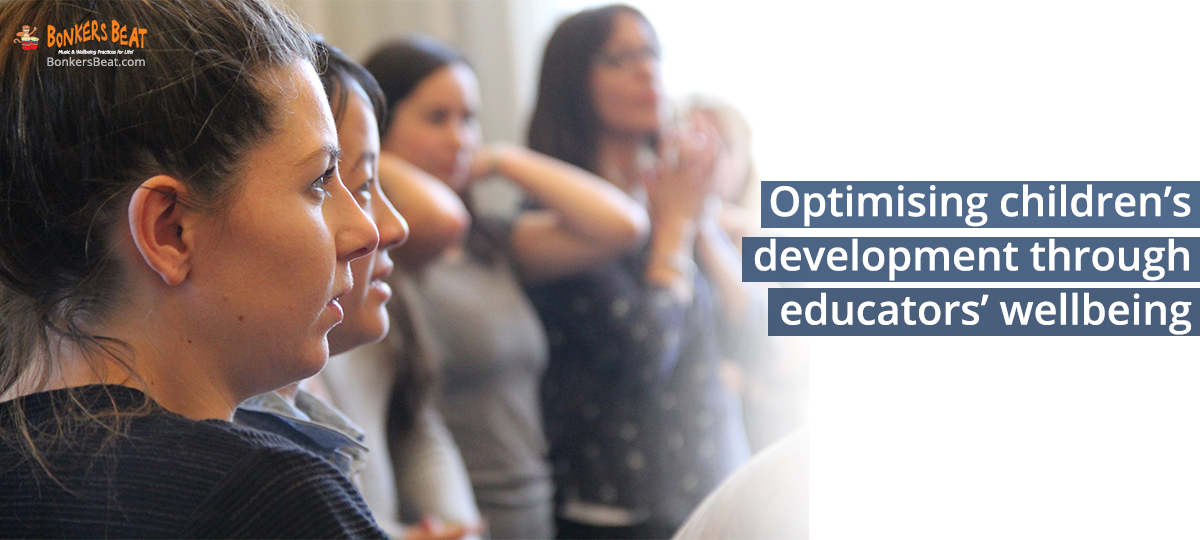The world is constantly changing. Evolving, growing, shifting — however you prefer to word it, the world as we know it right in this current moment is subject to change. And that’s okay. It is however important that we keep up with progress and adapt and change as needed. This is true for early childhood education, as with many industries, and it’s important to us that we celebrate and congratulate educators and early childhood professionals for their commitment to ongoing training.
To further demonstrate the impact of change and necessity for growth, take a look at this video.
The past few months the news has been filled with disheartening articles about Australian childcare centres, including dozens who are “failing national standards” (Quest Newspapers 16/8/2019).
Supporting our educators in fulfilling their role should be a key focus as we continue to work hard to create learning spaces that deliver the very best outcomes to children across the country.
The ongoing professional and personal development and constant improvement of the quality of education provided has a run-on effect, delivering improved outcomes for children in their care.
Over the last few weeks we saw many inspiring and dedicated educators attend three great events of professional development – Bonkers Beat Wellness Summits.
Group professional development is incredibly effective as it is vital to grow and learn together. Seeing this unfolding in front of our eyes at the Summits was fantastic. It’s amazing how much a team can bond through professional development, but we see it time and time again.
A heartfelt congratulations and thank you to all centre Owners, Directors and educators both individually and as teams for their commitment to children’s development, and to raising the quality of education in Australia.
If you couldn’t be at the Wellness Summits, enjoy a video below, and check out the albums of photos from the events on our Facebook Page.
———–
Allan Preiss from McArthur has spent his entire life working in education and believes that working in early childhood settings should enhance the lives of educators. He specialises in consulting on change management and was a valuable addition to the Wellness Summits. Hear from Allan in this video: ‘Conversations with EL Leaders – Allan Preiss and Galina Zenin’.
Hope to see you and your teams at our next Bonkers Beat Wellness Summits in February 2020!

